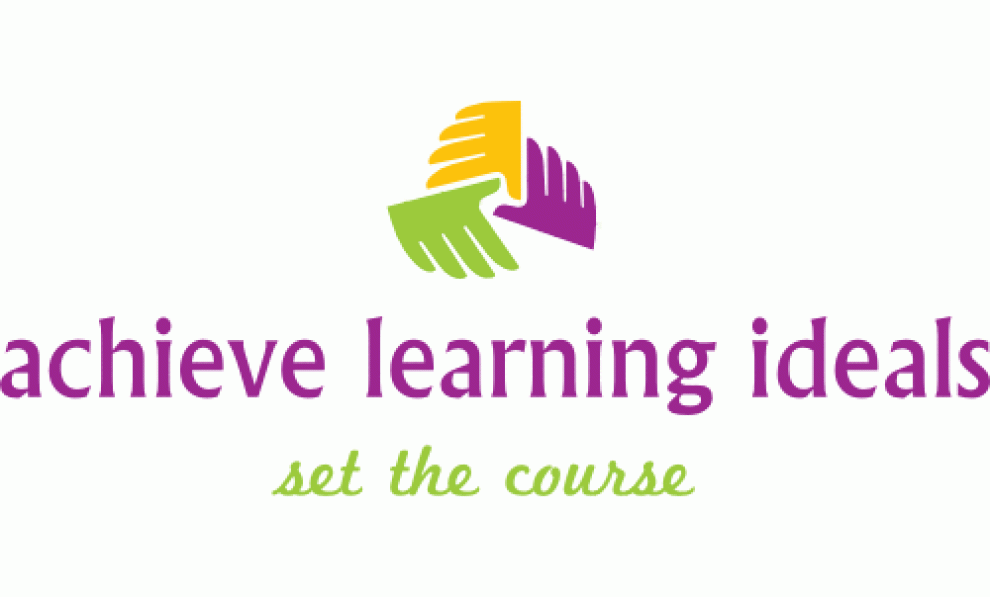What’s important? Students (regardless of age) ask this question all the time. Along with, “why do we have to read this?” and “what difference does it make?” And I really want to answer – YOU- You are what’s important. And somehow I have to make you see this, and believe that learning involves relating to the material from a personal perspective, not merely what I or others might say about the work.
We spend so much time in formal classroom situations reminding students to take notes, prepare for tests and quizzes, and to accept marks as the basis for evaluating learning. I wonder though if enough time is actually spent on questioning why some students tune out and choose NOT to demonstrate knowledge. Teaching privately has given me the opportunity to listen when a student “simply doesn’t relate” to a reading that is on their school’s curriculum, Often this is because the reading has been offered as a stand- alone, and not integrated into a whole with other parts of the program. Yet many of the texts do require context to be fully understood. I think often of an experience I had when interning at the New -York Historical Society.
A teacher brought her inner city class to the museum and upon meeting me (then a docent ready to conduct a program) declared loudly ” I hope you can do something with these dullards!” and promptly disappeared for coffee. Fortunately this teacher was an extreme case- most teachers appreciated the out of classroom experience and the chance to broaden not only the students’ but also their own perspective. That teacher though, had made it clear to all in the vicinity that she placed little value on the field trip and even less value on her students’ feelings. Yet the arts, and the study of the humanities, deal precisely with feelings and the opportunity to encourage empathy. The affective stance is important not only for creative growth, but also to build bridges between communities and encourage understanding of different view points. That particular teacher chose not to be involved- ok- but labelling her students “dullards” had been the real shocker. For the record, they were a pleasure to work with. I was able to have them make connections for me and suggest why the exhibit might be relevant to ANYTHING they had been learning in class to that date. And by getting the students involved they taught me about their school and I came to realize that the teacher hadn’t wanted the field trip- a parent had donated the excursion as a “gift” to the class. It may have been that enforced action that had irritated that teacher so strongly; in similar fashion students can reject being told that a text has value.
A caveat: not everyone will find books relaxing or a way to indulge in a mini-escape. Not everyone will become “a reader”. But everyone can be encouraged to question an author’s purpose, to actively listen to the author’s point of view and to present an opinion in a clear, informed manner. This is what academic writing insists upon.
